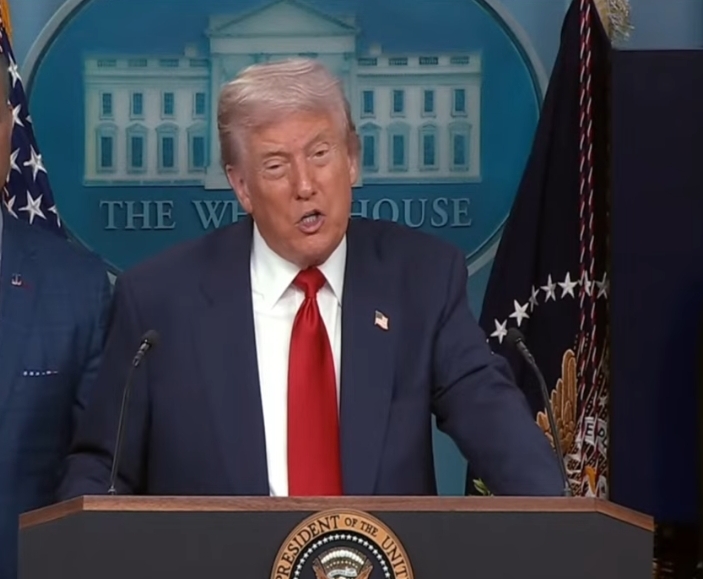

New Delhi: Public opinion in the United States has shifted dramatically against providing additional aid to Israel, according to a new New York Times poll released this week. For the first time since the Times began surveying on the issue in 1998, more Americans say they sympathize with Palestinians than with Israelis in the ongoing conflict.
The poll comes nearly two years into the devastating war in Gaza, which has claimed tens of thousands of civilian lives and drawn international condemnation. Significantly, the survey found that a majority of Americans now oppose sending more economic or military aid to Israel, a remarkable reversal for a country that has long stood as Israel’s staunchest ally.
Four in 10 respondents went a step further, saying they believe Israel is intentionally targeting civilians in Gaza. That figure has nearly doubled compared to opinion polls conducted at the start of the war. Analysts note that such a perception, if it hardens, could alter the bipartisan consensus in Washington that has historically underpinned military and diplomatic support for Israel.
The generational divide was particularly stark. Among voters under 30, nearly 70 percent said they opposed further aid to Israel. Younger Americans, more active on social media and exposed to unfiltered images of the destruction in Gaza, appear to be driving this shift. By contrast, older Americans, especially those above 60, remain more sympathetic to Israel, though their support has also declined compared to previous decades.
Israel has been the single largest cumulative recipient of U.S. foreign aid since its founding in 1948, receiving more than $150 billion in military and economic assistance. Successive American presidents, Democrat and Republican alike, have defended this support as vital to securing a key ally in the Middle East. But the Times survey suggests that political leaders may soon find themselves at odds with their constituents.
In a polarized political landscape where public opinion rarely moves so sharply, the shift on Israel stands out as extraordinary. Experts say it reflects broader changes in U.S. attitudes toward foreign policy, human rights, and military interventions abroad.
Whether this discontent translates into actual changes in U.S. policy remains uncertain. But the poll highlights a growing disconnect between Washington’s traditional posture on Israel and the mood of the American public—a divide that could reshape one of the most enduring pillars of U.S. foreign policy.
picture credit social media





